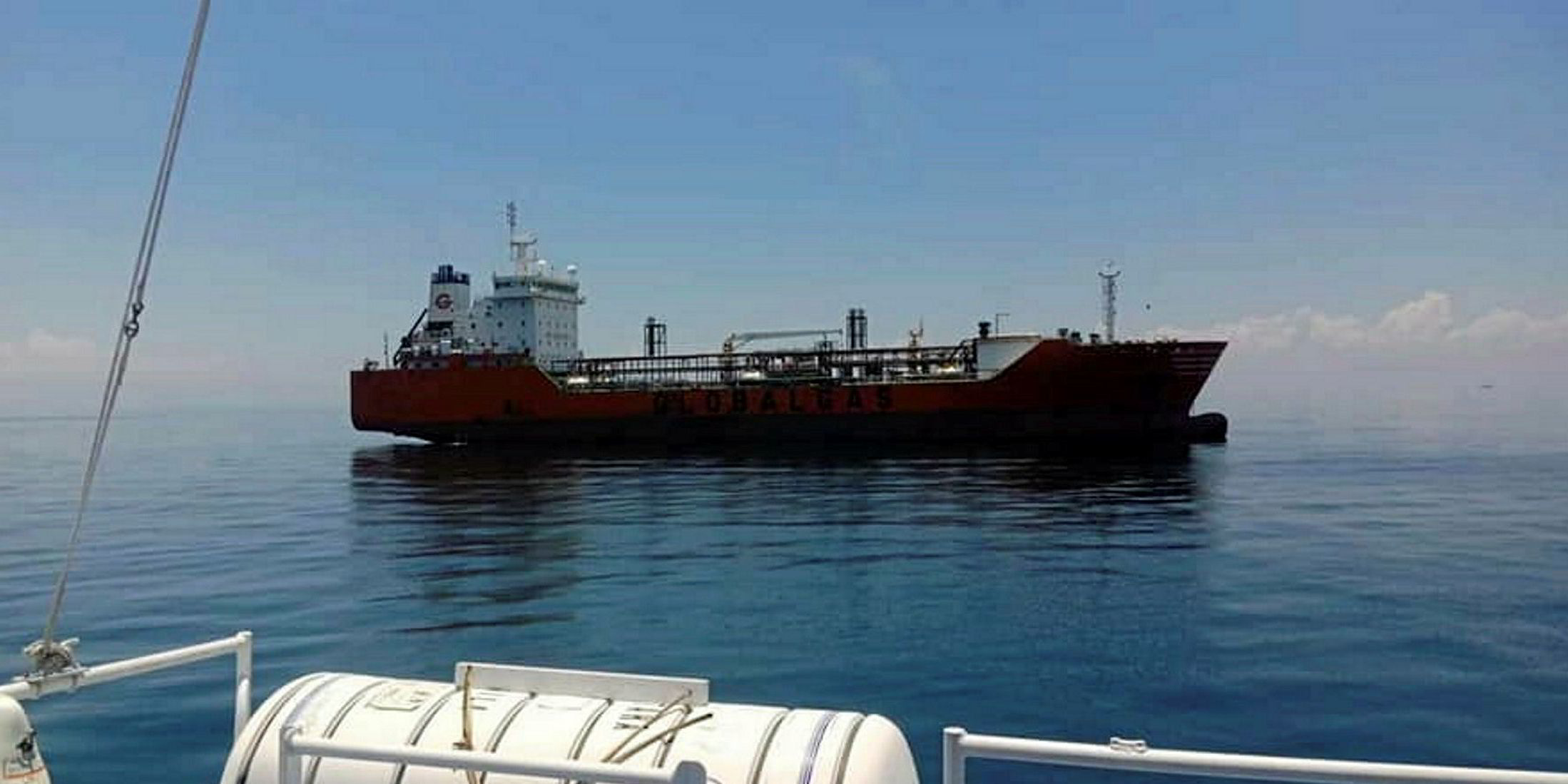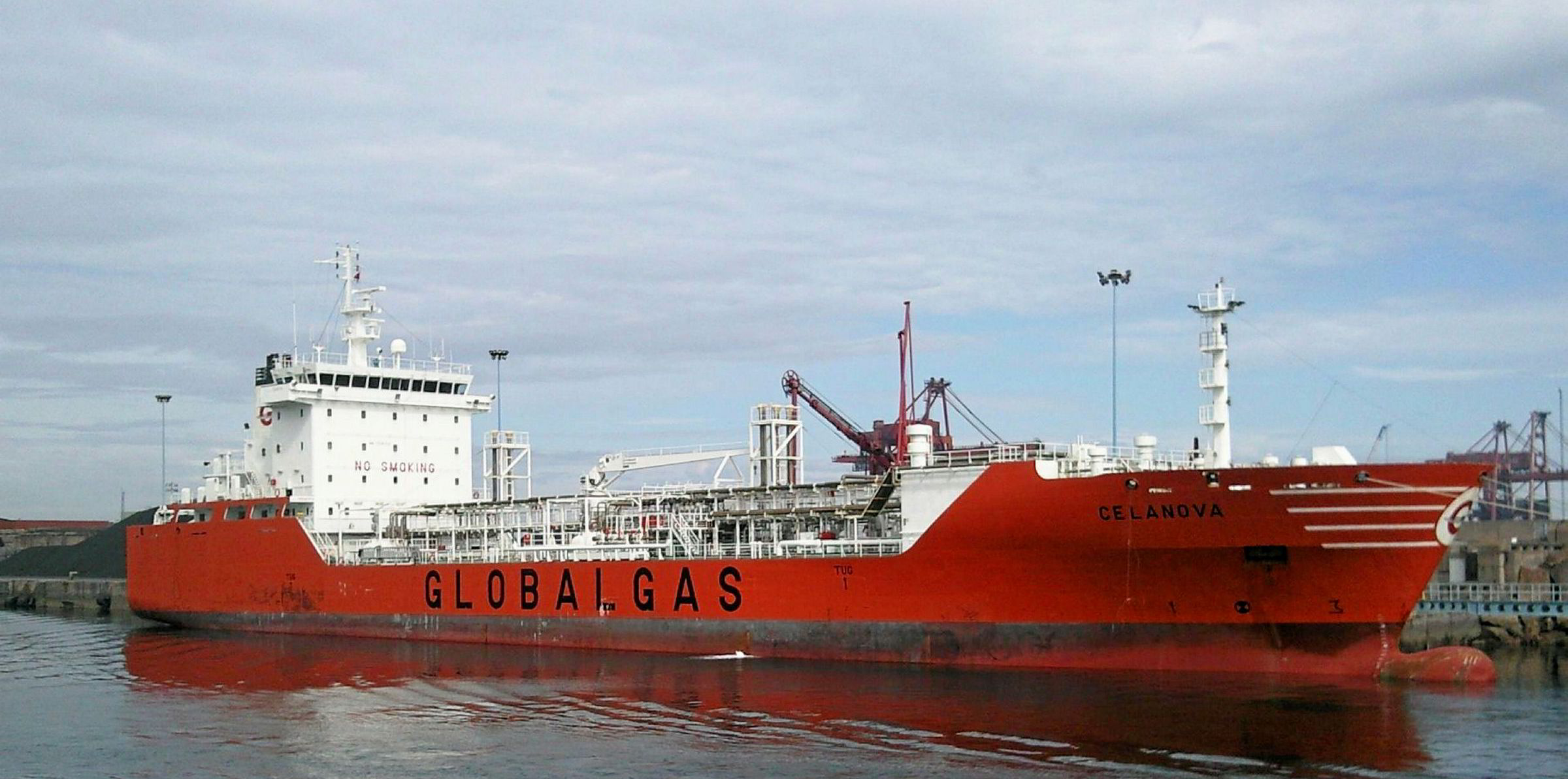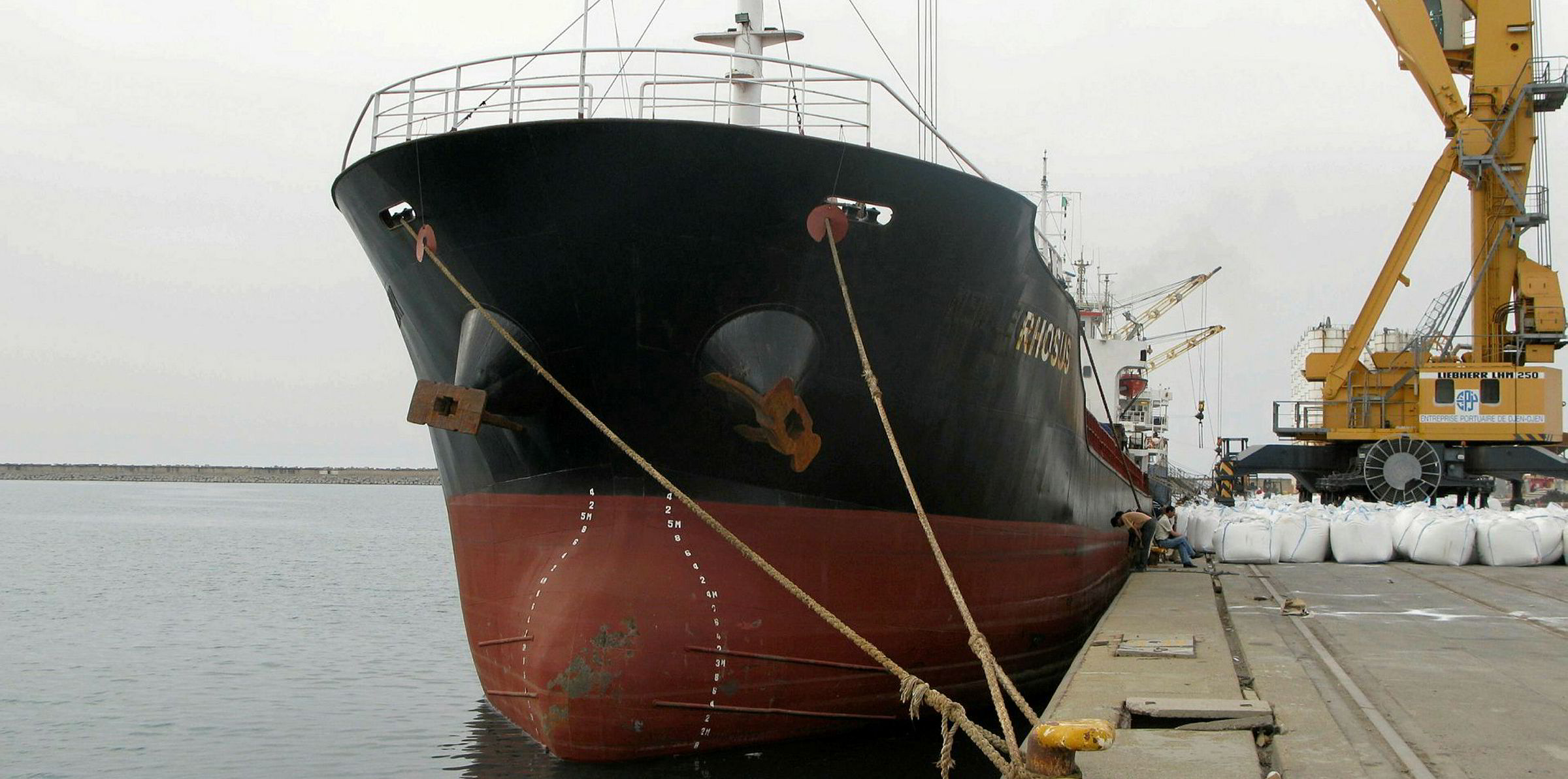The Cuban crew of an abandoned LPG carrier are holed up in a Manila hotel waiting to go home.
Their ordeal, which began last December, highlights how geopolitical events can hamper rescuing abandoned seafarers under the Maritime Labour Convention (MLC).
After spending months trapped on board their abandoned ship, they are now victims of closed borders caused by the Covid-19 pandemic.
Last December, the 7,000-cbm Celanova (built 2003) lost its rudder off the Philippines.
The Spain-flag vessel, the only ship of Madrid-based Globalgas, was carrying a cargo of Iranian butadiene.
Towed to Manila Bay, it was left anchored 13 nautical miles (24 km) from Manila’s port, awaiting repairs for which the owner was unable to pay, as it had no hull and machinery cover.
Globalgas had been trying to sell the Celanova to pay off outstanding debts, but was blocked from doing so by banks. The company later filed for insolvency and could not be reached last week for comment.
The two Spanish crew and 13 Cubans were left stranded on their ship, unpaid, and with food, water and bunker fuel running low.
Local authorities did not want the vessel to move closer to the port because they feared the cargo presented too much of a safety risk.
Butadiene is extremely flammable as a liquid and a vapour. If a release occurs, vapours can travel a long distance, and ignition and flashbacks may occur.
US sanctions
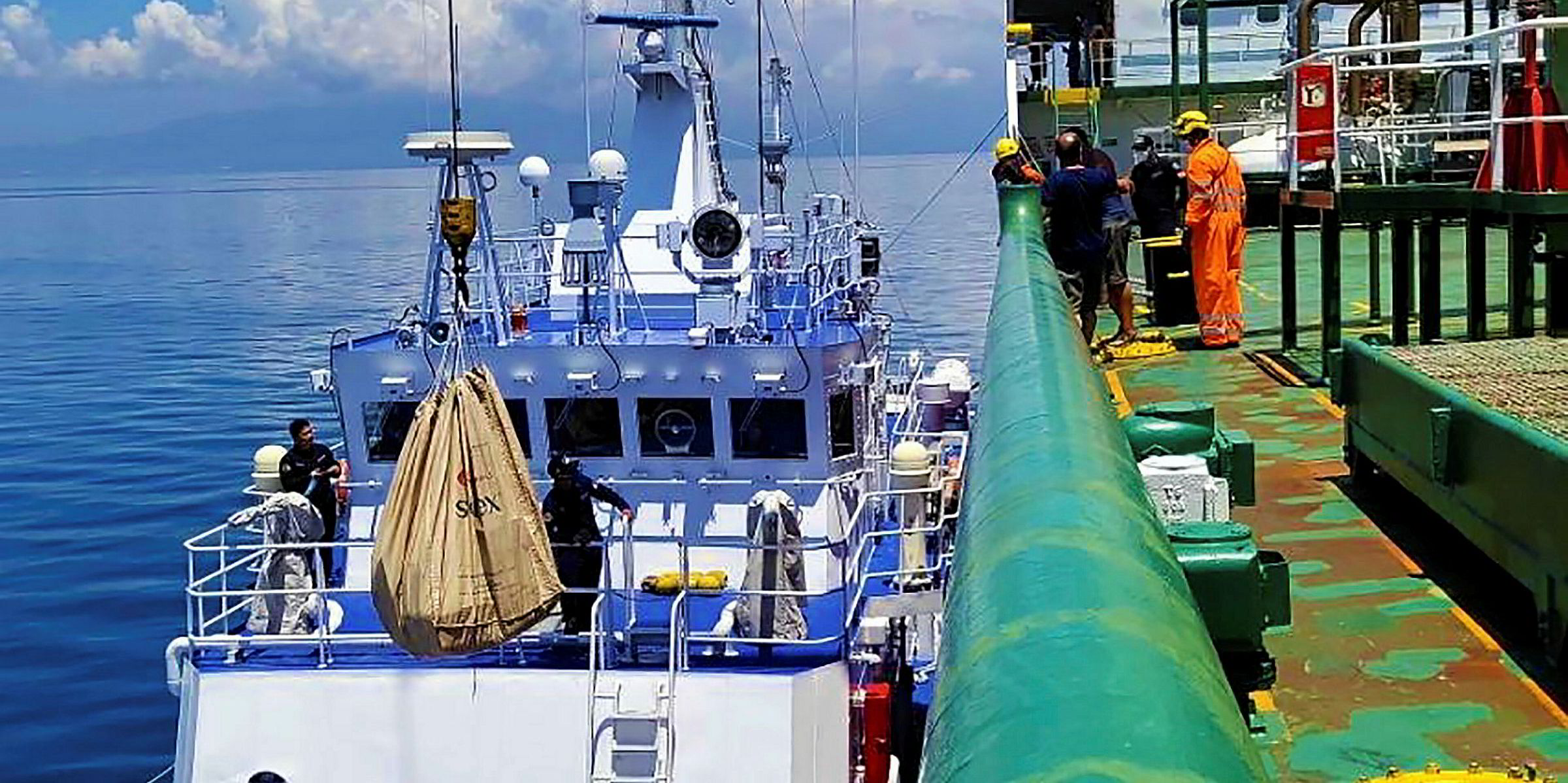
Classification society Bureau Veritas suspended the Celanova’s class certificates in January.
The ship’s protection and indemnity provider, the American Club, become aware of the termination of class later that month. At the same time, the club found out that — unbeknown to it — the ship had called in Iran and was carrying a cargo that was in contravention of US sanctions and the club’s rules.
Joe Hughes, American Club chairman and chief executive, told TradeWinds that because his company is US-based, once the origin of the cargo was confirmed, P&I cover was terminated.
“Up until that point, it was the American Club that incurred the expense of towing the rudderless vessel to safety outside of Manila, Philippines, arranging for repairs to the vessel’s generators, and providing other assistance to the master and crew,” he explained.
“Following the discovery of carriage of the illicit cargo, and for the safety of life and property, the club applied for and obtained permission from the US Department of Treasury to continue to assist the vessel and crew.
‘Enormous risk’
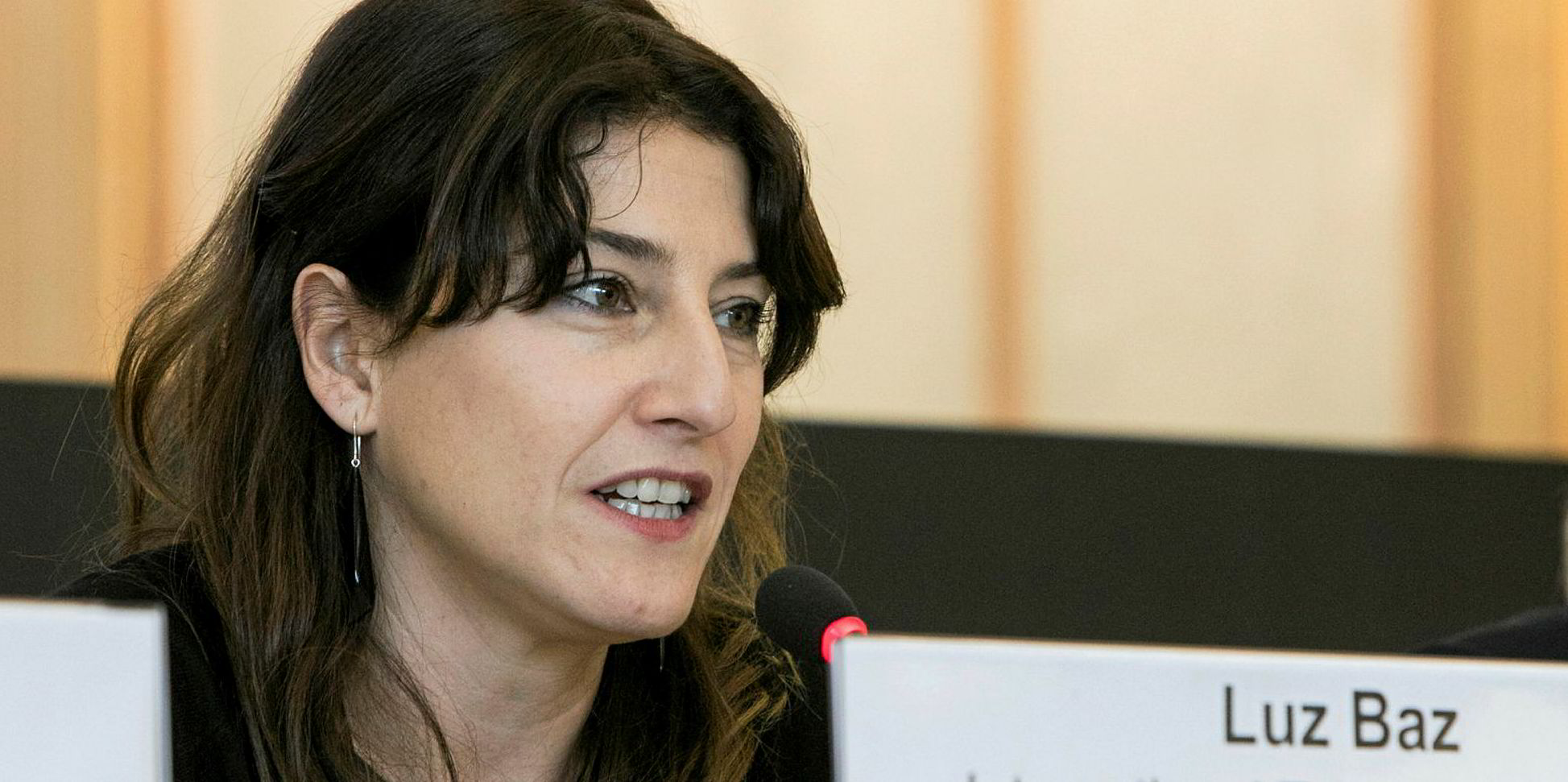
“Unfortunately, the permission was conditioned on the cargo remaining on board.”
The problem for the American Club was that in March, the cargo was transshipped onto another vessel for onward delivery to China.
Luz Baz, the International Transport Workers’ Federation (ITF) coordinator for Spain, who became involved in the case in February, claimed that the crew had no option but to transship the cargo.
“The crew’s priority was to make sure that the cargo was unloaded or transshipped to avoid the enormous risk to their lives. At that time, the ship did not have enough bunkers to run the generator to cool the dangerous cargo,” she said.
This created an obstacle in the American Club’s efforts to provide the crew with further assistance.
“Once the vessel’s owner unilaterally, without any involvement by the club, arranged for the cargo to be transshipped to its final destination in China, the American Club was left with no powers to assist,” Hughes said.
After several more months of the crew living in limbo on a dead ship, and often relying on handouts from local charities and the Philippine Coast Guard, the American Club was able to resolve the situation.
“Purely for humanitarian reasons, and again, pursuant to special permission, the club was allowed to provide necessary supplies and other services to the crew,” Hughes said.
“With full cooperation of the ITF, the club paid the crew four months of wages and arranged for their repatriation. The club did face delays with the repatriation of the Cuban crew members due to restrictions in place in Europe and Cuba.”
Baz said the two Spanish seafarers flew home on 25 July. The Cubans were supposed to return home on a humanitarian flight, but that was cancelled. They are waiting in a hotel for another flight to be organised.
The Celanova remains under detention off Manila, and will probably be auctioned at some point.
